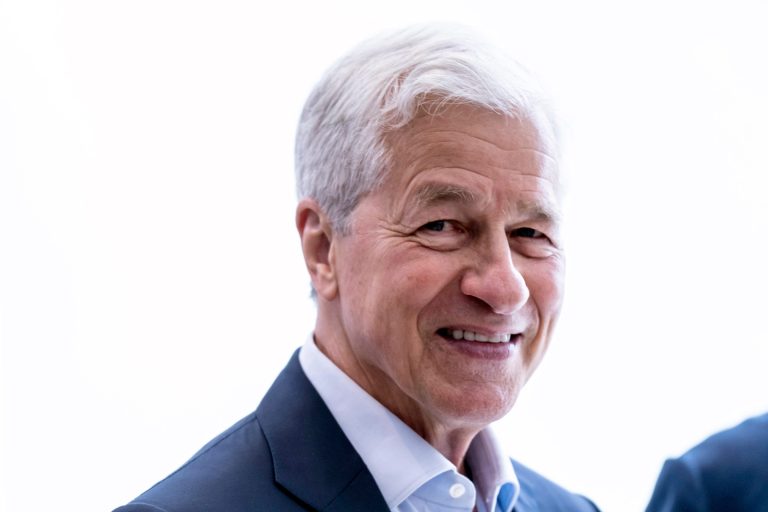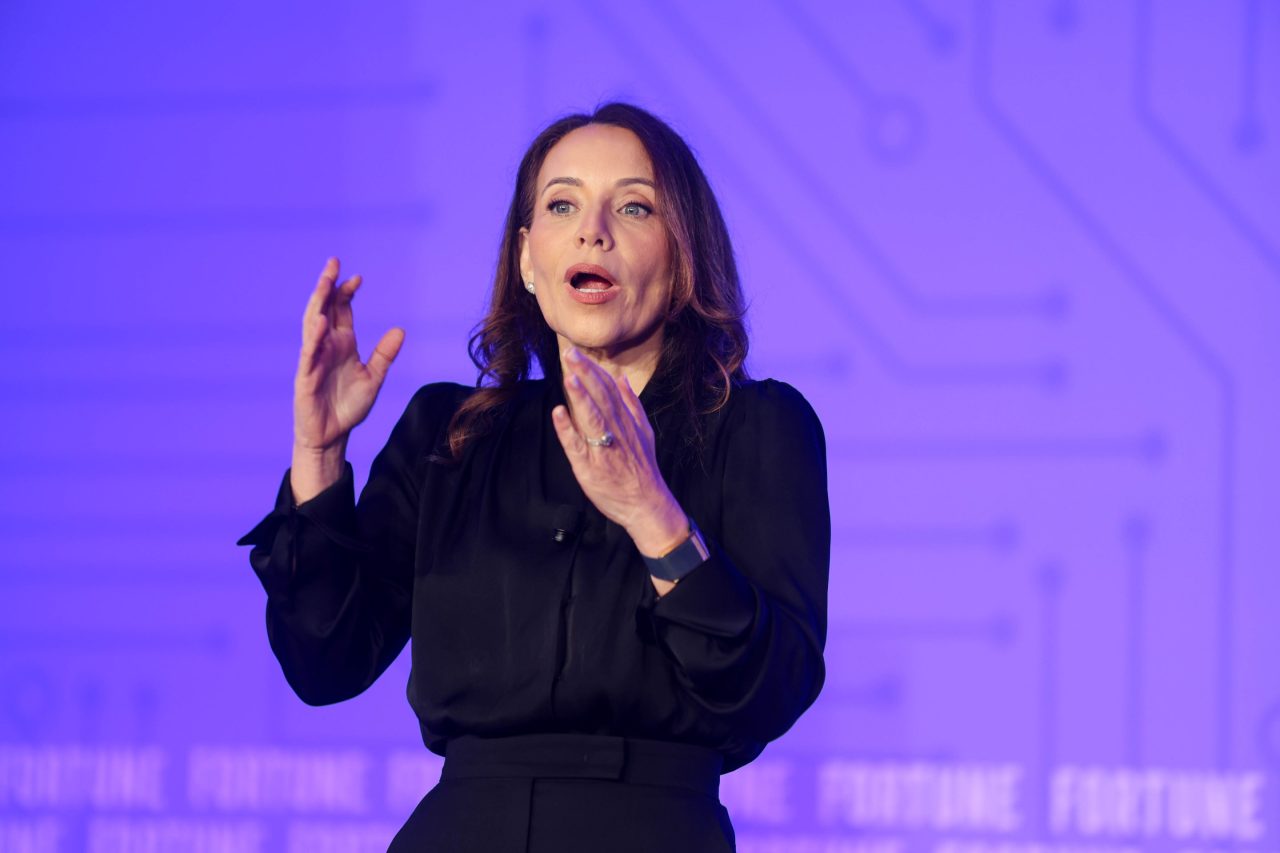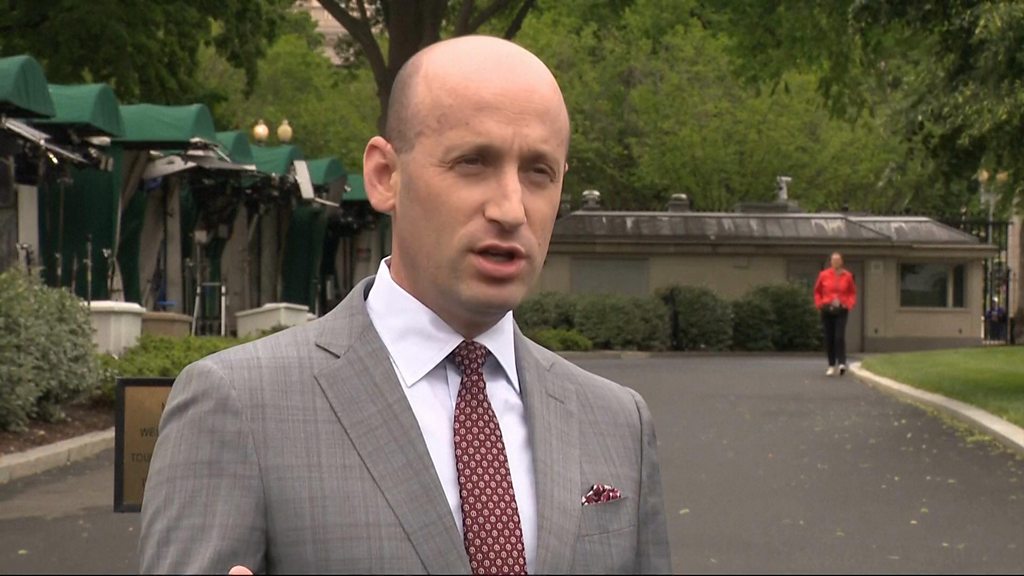Introduction: The Power of Truth in Leadership
In a world where corporate image often takes precedence over integrity, Jamie Dimon, CEO of JPMorgan Chase, stands out with a blunt yet powerful statement:
“Don’t put a good foot forward, put the truth forward.”
At a time when trust in institutions is declining and political polarization is rising, Dimon’s philosophy on truth, leadership, and responsibility carries a weight that extends far beyond Wall Street. As one of the most respected CEOs in the financial world, Dimon has long been rumored to have political ambitions—a topic he rarely addresses directly. But in recent interviews and public comments, he has finally revealed what could draw him into public service—and what’s keeping him away.
This article explores the context and meaning behind Dimon’s quote, his stance on public leadership, and what the U.S. can learn from his example.
Who Is Jamie Dimon? A Brief Background
Jamie Dimon has been the Chairman and CEO of JPMorgan Chase since 2005 and is one of the few top executives who led a major U.S. bank through the 2008 financial crisis and came out stronger.
Highlights of Dimon’s Career:
- Net worth over $2 billion (Forbes)
- Regarded as America’s most powerful banker
- Influential on matters of finance, economics, and policy
- Known for his no-nonsense style and straight talk
But unlike many corporate leaders, Dimon doesn’t hide behind PR teams or canned statements. His communication is refreshingly direct, critical, and human.
“Put the Truth Forward”: What Dimon Really Means
In the quote “Don’t put a good foot forward, put the truth forward,” Dimon challenges a deeply ingrained societal habit—performance over authenticity.
Why It Matters:
- Leaders today are often pressured to appear flawless—polished resumes, scripted speeches, and spotless records.
- Dimon believes in substance over spin. In his view, the world needs leaders who are honest, even when it’s uncomfortable.
- Whether in business or politics, truth builds trust, and trust builds sustainable leadership.
Dimon has consistently called out:
- Regulatory failures
- Economic inequality
- Political dysfunction
- Short-termism in business strategy
His quote isn’t just a soundbite—it’s how he runs JPMorgan and how he’d likely lead if he entered public office.
Jamie Dimon and Public Service: Would He Ever Run?
For years, rumors have swirled about Jamie Dimon making a move into politics, possibly even a presidential run. He’s long dismissed those rumors—but recently, he’s clarified his stance.
What Dimon Said:
“If I thought I could be a good president and if I thought I could win, I would seriously consider it.”
He added that he wouldn’t run “just to run” or for vanity. What would get him into public service is:
- The failure of others to lead
- A critical need for truth-telling leadership
- A chance to unify Americans across the political divide
What’s Holding Him Back?
- Political tribalism
- The hostile media environment
- Concerns about losing JPMorgan’s momentum
- Fear of politics becoming more theater than problem-solving
Dimon has also stated that he can make more impact in his current role, steering the world’s largest bank and advising policymakers directly.
Dimon’s Vision for America: What Kind of Leader Would He Be?
Jamie Dimon has spoken at length about the key issues America faces and what kind of leadership is required to fix them.
1. Focus on the Long Term
- Dimon criticizes short-term thinking in both business and government.
- He advocates for investments in infrastructure, education, and innovation.
- He believes in fiscal discipline, but with compassion for vulnerable populations.
2. Fixing a Broken Political System
- Dimon is a centrist who opposes political extremism on both sides.
- He supports bipartisan collaboration and believes most Americans are “not far left or far right.”
- He warns against “cancel culture” and ideological rigidity.
3. Truth, Not Optics
- Whether it’s climate change, inequality, or banking regulation, Dimon demands honest conversations, not political talking points.
- He has testified before Congress multiple times and rarely sugarcoats his views.
4. Business as a Force for Good
- He supports stakeholder capitalism—a model where companies serve customers, employees, communities, and shareholders alike.
- His leadership at JPMorgan reflects this, with billions invested in community development, financial literacy, and small business support.
What Leaders Can Learn From Dimon’s Approach
Whether or not Jamie Dimon ever enters public office, his leadership style offers powerful lessons for both corporate and political leaders.
✅ Be Direct, Not Performative
Don’t chase applause—tell the truth, even if it’s unpopular.
✅ Build for the Long Term
Think about legacy, not just quarterly wins.
✅ Embrace Complexity
Refuse to dumb down important topics. Nuance builds trust.
✅ Lead with Data and Empathy
Use facts, but understand feelings. Both matter in leadership.
Jamie Dimon vs. Traditional Politicians
| Trait | Traditional Politicians | Jamie Dimon |
|---|---|---|
| Focus | Re-election | Results |
| Style | Polished & rehearsed | Blunt & authentic |
| Decision-making | Often partisan | Pragmatic & bipartisan |
| Transparency | Calculated | Straightforward |
| Leadership model | Public persona | Private impact with public values |
This contrast is part of why many voters and business leaders have urged Dimon to run for president or serve in an advisory role within government.
Dimon’s Legacy, With or Without Public Office
Even if he never holds elected office, Jamie Dimon has shaped:
- Global banking policy
- U.S. economic recovery strategy
- Corporate values around leadership and purpose
He remains an outsider with insider influence, offering advice to presidents, governors, and central banks.
But in a political environment crying out for truth-telling, accountability, and clarity, voices like his are more needed than ever.
Conclusion: Truth Over Performance in the Age of Distrust
Jamie Dimon’s philosophy—“Don’t put a good foot forward, put the truth forward”—isn’t just a quote. It’s a call to action.
In a world where performance often overshadows principles, Dimon’s brand of authentic, truth-driven leadership is rare. Whether in boardrooms or on Capitol Hill, we need more leaders who don’t just want to look good—they want to do good.
And if the moment ever arises where Dimon does step into public service, one thing’s for sure: he’ll bring the truth with him.
Meta Description (SEO)
Jamie Dimon says “don’t put a good foot forward, put the truth forward” and shares what would draw him into public service. Explore his leadership philosophy, political views, and future ambitions.
FAQs
Q1: Has Jamie Dimon ever run for political office?
No. While he has been rumored to consider it, Dimon has never run for office but has said he might consider it if he believed he could win and make a difference.
Q2: What does Jamie Dimon mean by “put the truth forward”?
He encourages leaders to be honest and authentic, rather than just managing appearances or saying what people want to hear.
Q3: Would Jamie Dimon make a good political leader?
Supporters believe his mix of business acumen, pragmatic thinking, and truth-first mindset could translate well into effective public leadership.
Q4: What issues does Dimon care about most?
Dimon is passionate about long-term economic growth, education reform, financial literacy, bipartisan cooperation, and infrastructure development.




